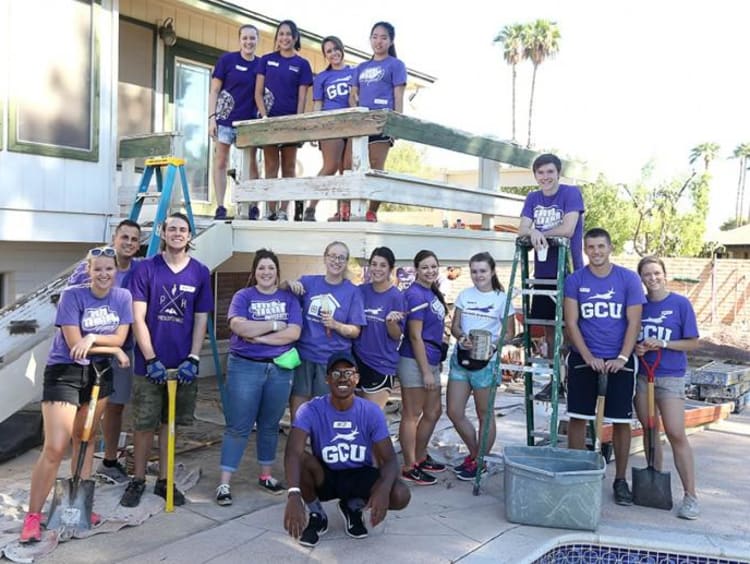The Power of Volunteering

Dr. Dorothy Height, a well-known educator and civil rights activist once said, “Without community service, we would not have a strong quality of life. It’s important to the person who serves as well as the recipient. It’s the way in which we ourselves grow and develop…”
I now know what she means. Volunteering has changed my life in ways that I never imagined. Whether it involves packing food boxes at my church or walking dogs at my local animal shelter, I can animatedly say the experiences have served me considerably more than the service recipients.
Personal Benefits of Volunteering
Most experts agree volunteering is beneficial for mental health. Giving back improves one’s sense of pride and accomplishment, which can enable one to better face life tasks. “Volunteer activities can strengthen the social ties that protect individuals from isolation during difficult times, while the experience of helping others leads to a sense of greater self-worth and trust.”
I can attest to this! As a psychology professor, I’m oftentimes approached by students struggling from depression. Volunteering is a sure way to help fight a depressive battle since one is normally working with others (fights isolation) and building a support network. This eases the transition through difficult times.
GCU student Zachary Kelly volunteering at Saint Mary’s Food Bank (11/2015).
Research also indicates that volunteers have a lower mortality rate than non-volunteers. CNCS reported volunteer activities introduce “a positive reinforcing cycle of good health and future volunteering.” This further highlights the body-mind connection we study in psychology. And the values do not end here.
Help Others Through Volunteering
In addition to personal benefits, volunteering allows one to connect with like-minded others, build friendships, improve community ties and expand their professional network. Depending on the organization, volunteering provides an opportunity to develop skills that can advance one’s current or future career. Those desiring a new career can use it as a means to gain experience in a particular field (or learn this is not the field for them!) and build relationships with future employers. I have a friend who, many years ago, volunteered just one weekend a month at a teen pregnancy center and is now the head of the organization! Serving others is a strong way to enhance one’s resume. It communicates to employers that you are ambitious, enthusiastic and care about the community.
Acts 20:35 emphasizes how it is better to give than to receive. I highly encourage all of my students to begin volunteering their time now. The beautiful part is that one can serve others while concurrently investing holistically in oneself. It’s a multiple-win decision and well worth one’s time. I’ve never met a person who has regretted giving back to the community.
Grand Canyon University’s College of Humanities and Social Sciences allows students to grow and learn in their field. To learn more about GCU’s programs, visit our website or request more information by using the button at the top of the page.
Reference
- Corporation for National and Community Service (CNCS), Office of Research and Policy Development, (2007). The Health Benefits of Volunteering: A Review of Recent Research. Washington, DC. Retrieved from nationalservice.gov/pdf/07_0506_hbr.pdf
The views and opinions expressed in this article are those of the author’s and do not necessarily reflect the official policy or position of Grand Canyon University. Any sources cited were accurate as of the publish date.


